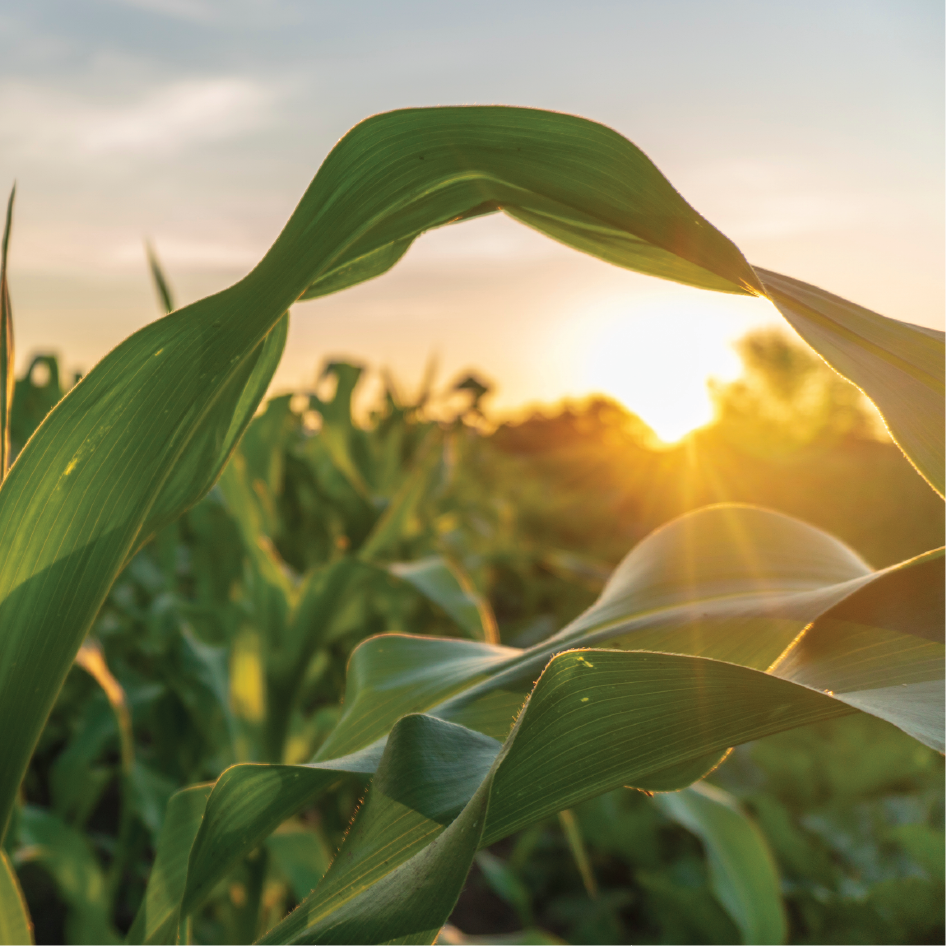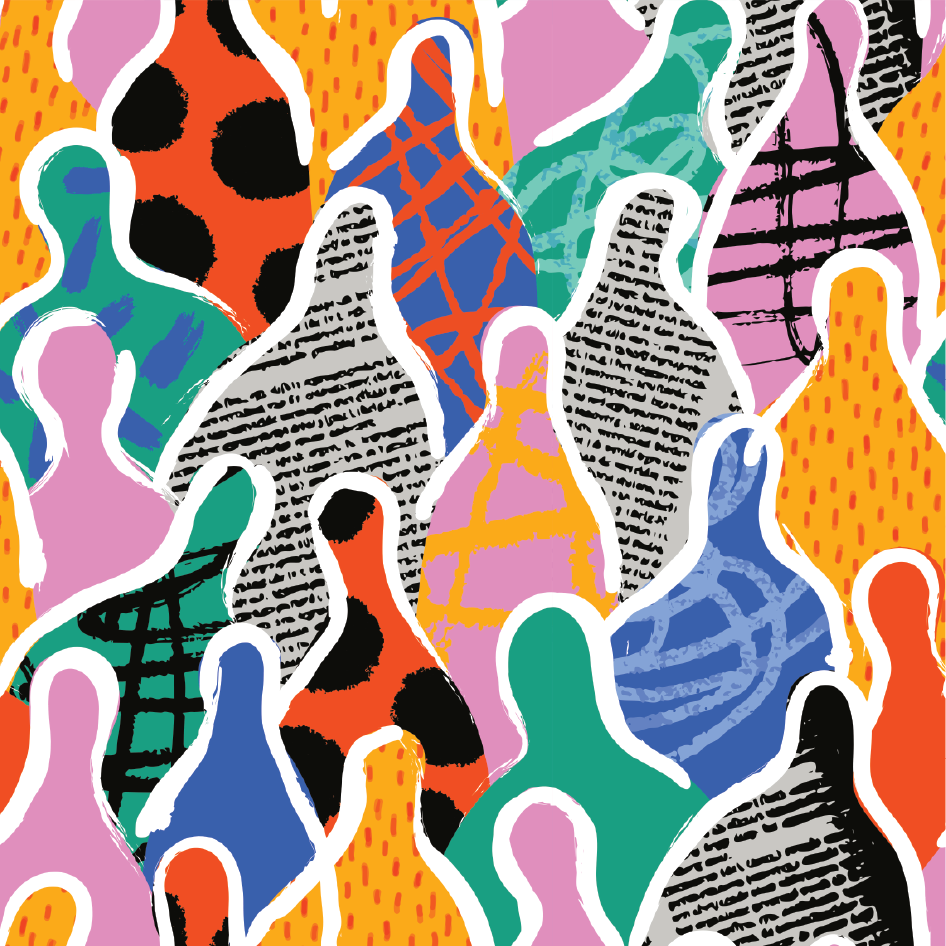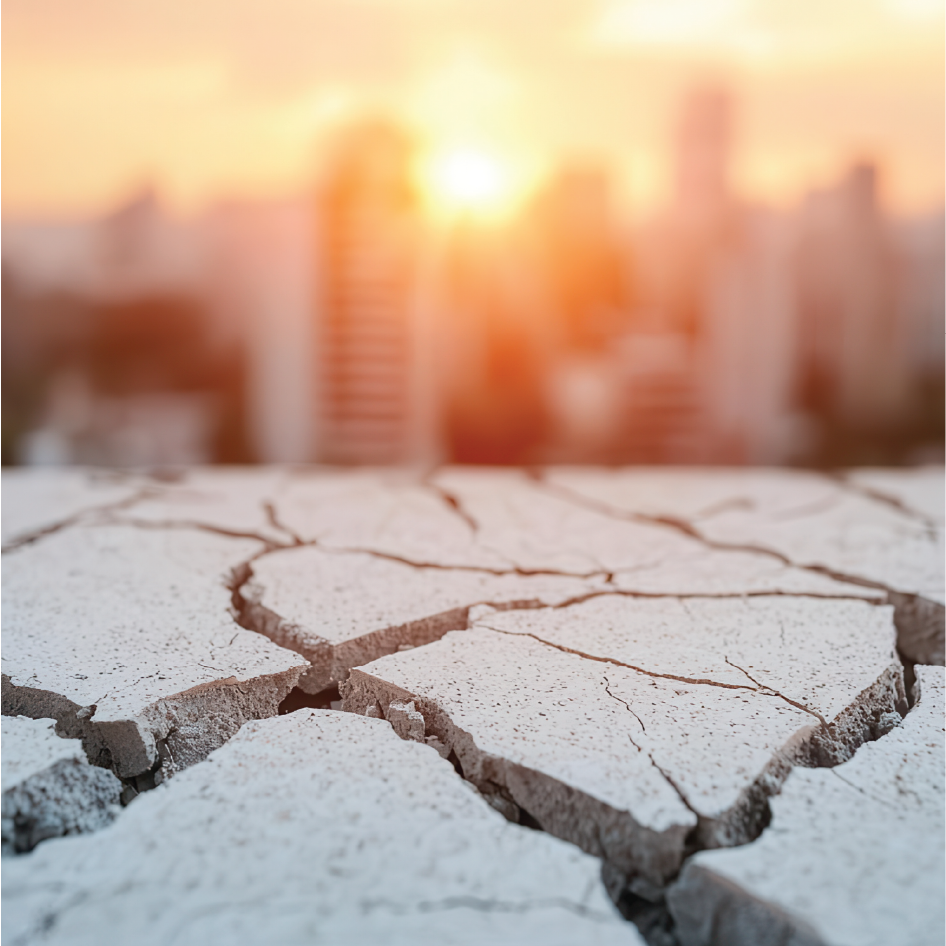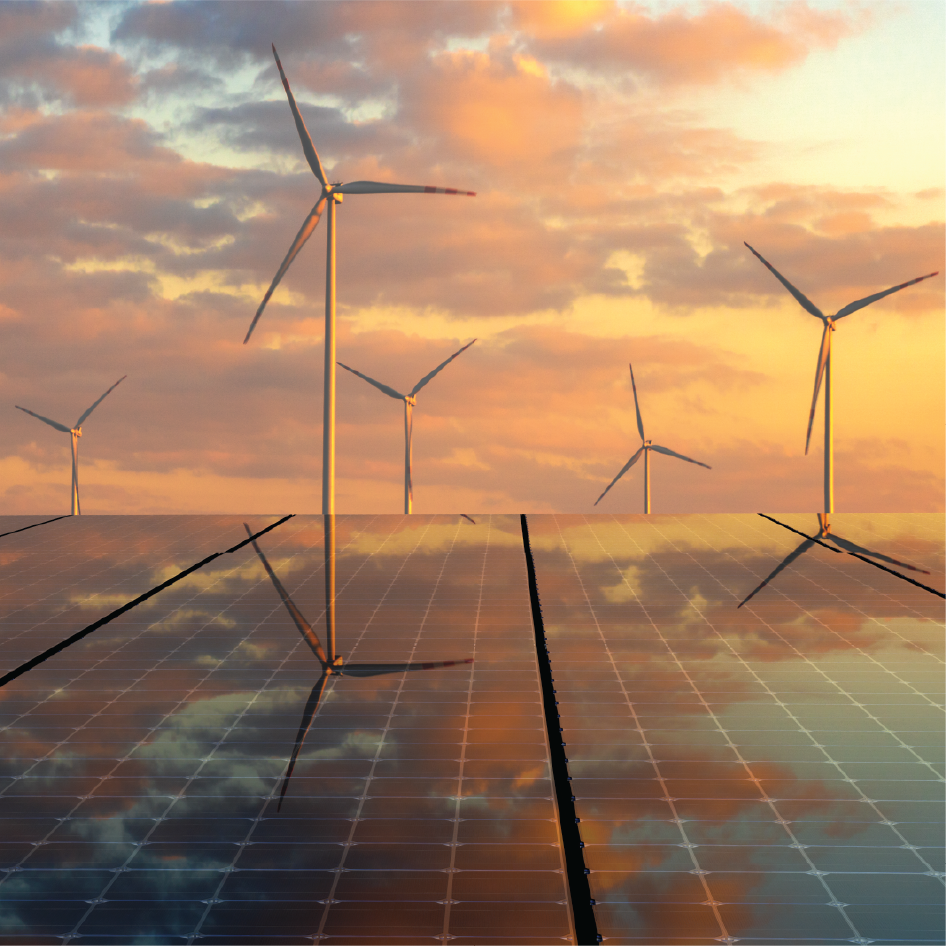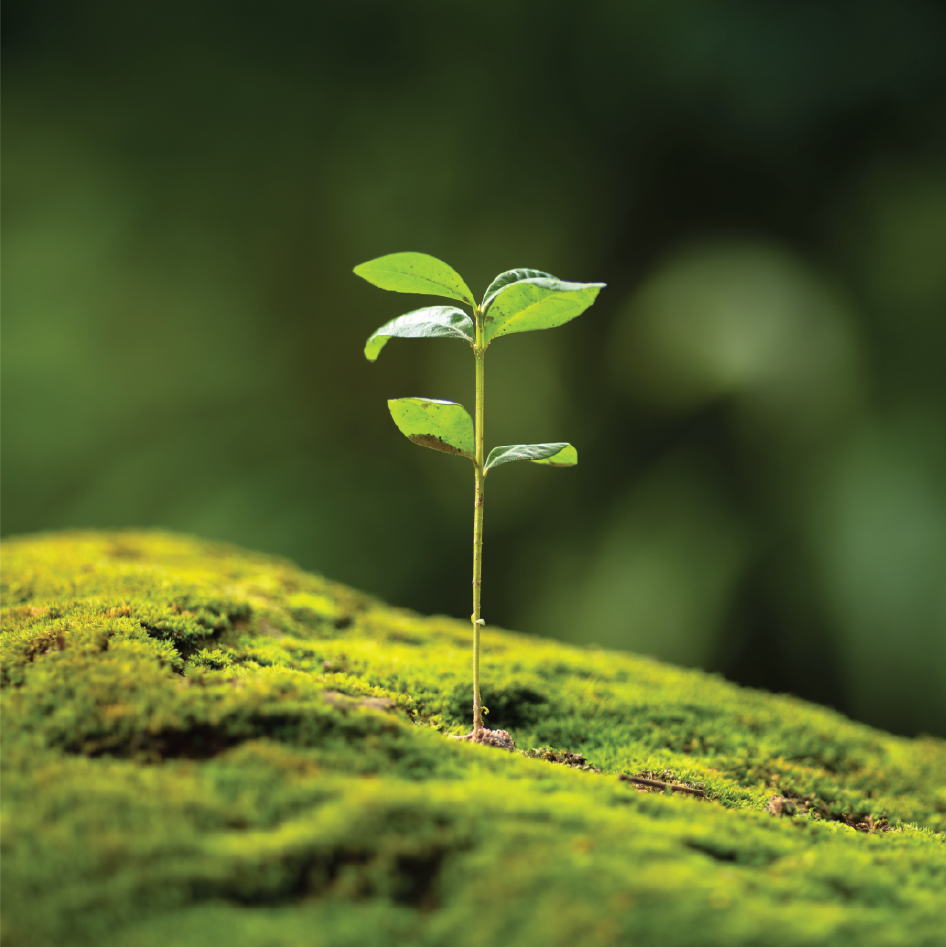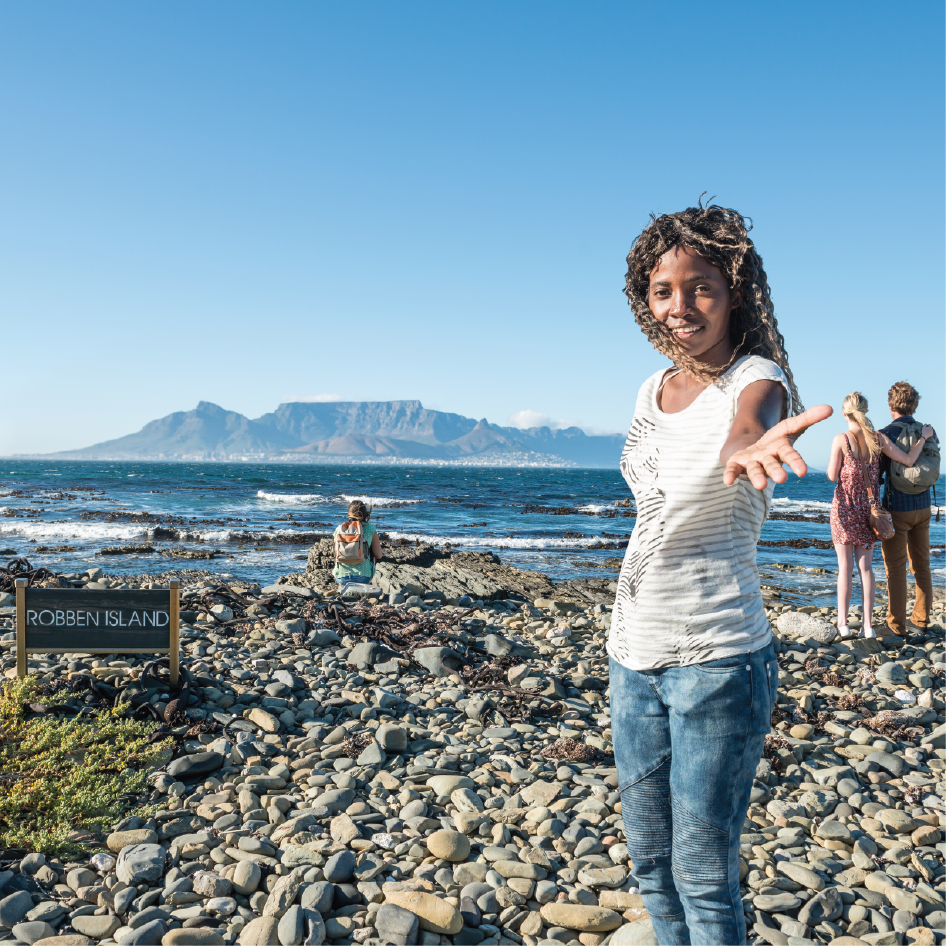The Sherpa Track is led by the personal representatives of G20 leaders and oversee negotiations and discuss the points that form the summit’s agenda and coordinate most of the work.
The Sherpa Track is led by the personal representatives of G20 leaders and oversee negotiations and discuss the points that form the summit’s agenda and coordinate most of the work.
The Sherpa appointed by the South African government is the Director-General of the Department of International Relations and Cooperation, Mr Zane Dangor. The Sherpa is supported by two Sous-Sherpas, Ambassador Xolisa Mabhongo and Advocate Nokukhanya Jele.
The Sherpas are an ethnic group from the mountainous region of Nepal, which in Tibetan means “people from the East”. It is they who guide the climbers who aim to reach the top of Mount Everest. Without their skills, it would be almost impossible to reach the summit. In the G20, the Sherpas are the leaders of each country who take the discussions and agreements to the final summit with Heads of State and Government.
The Sherpa Track is made up of the following 15 working groups:
AGRICULTURE
Focus: The Agriculture Working Group (WG) was created in 2011, with the aim of helping to reduce food price volatility....
Read MoreANTI-CORRUPTION
Focus: The G20 Anti-Corruption Working Group (ACWG) was established in 2010, providing a significant development in G20 cooperation as corruption...
Read MoreDEVELOPMENT
Focus: The DWG was created in 2010 with two purposes: to establish an agenda for development and poverty reduction at...
Read MoreDIGITAL ECONOMY
Focus: The DEWG aims at digital transformation to enhance public participation and realise inclusive social and economic growth. Priorities: Priority...
Read MoreDISASTER RISK REDUCTION
Focus: The Working Group (WG) on Disaster Risk Reduction (DRR) tackles critical global issues related to crisis and disaster management....
Read MoreEMPLOYMENT
Focus: Living and working in a unequal world: ensuring decent work and decent lives Priorities: Inclusive growth and youth employment....
Read MoreENERGY TRANSITIONS
Focus: The focus of the Just Energy Transitions Workstream will address critical issues of energy access and affordability, creating the...
Read MoreENVIRONMENT AND CLIMATE SUSTAINABILITY
Focus: The ECSWG will broadly focus on four key pillars, each with specific priorities and expected outcomes: Biodiversity and Conservation...
Read MoreRESEARCH AND INNOVATION
Focus: The RIWG aims to enhance, intensify, and strengthen research and innovation collaboration among the G20 member countries. Priorities: Priority...
Read MoreTRADE AND INVESTMENT
Focus: Trade and investment are key drivers of growth, innovation and job creation, providing an important channel of economic convergence...
Read MoreWOMEN EMPOWERMENT
Focus: During the Turkish Presidency of G20 in 2015, Women20 (W20) was launched as an engagement group, created with the...
Read More

